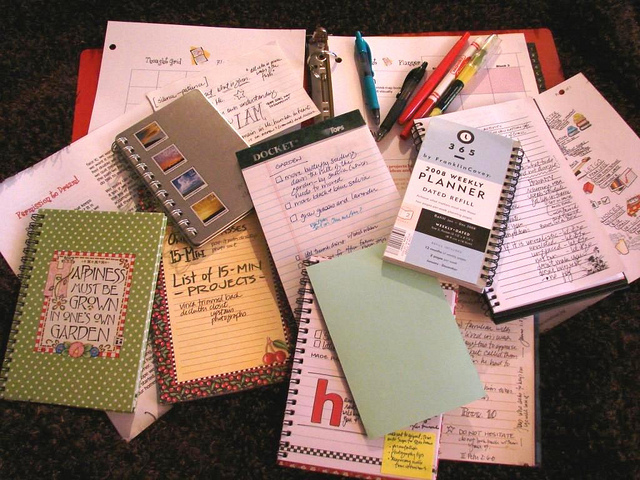
If you’re serious about learning and development its important to have a development plan: a structured, targeted approach that helps you make the most of your development opportunities. This is why athletes and sports people have coaches and support teams – to focus their effort and training.
It may be that you are already in an environment where you have a support network to provide a targeted training regime, with goals, feedback and targets. If not, here are a few suggestions for how you can roll your own deliberate development plan.
1. Make Sure You Have ‘SMART’ Goals
Coming up with goals gives you something to aim for, and lets you monitor your progress. The ‘SMART’ approach to goals is a common technique, meaning that goals should be:
- Specific: You may want to learn French, but for the purposes of goal setting, it is more helpful to set the goal of learning a particular set of words, for example.
- Measurable: Again, just saying that you are going to learn French isn’t particularly measurable – when will you know you have ‘learned French’? Having a specific list of French words you will measure yourself against is much more helpful.
- Achievable: If you’ve only just learned how to ask where the cinema is in French, it is probably beyond you to aim to read an entire French novel. Be realistic about your current abilities, and set a goal that will stretch you, but not be impossible.
- Realistic: Think about your other commitments, outside this goal. Will you have enough time/money to do everything? Don’t bite off more than you can chew.
- Time-bound: Give yourself a deadline for when you want to have achieved this goal by. This will help spur you on, and give you an opportunity to look back and ask if you have achieved all that you wanted.
For larger goals and projects, you may find it helpful to break up larger goals into a series of smaller milestones.
2. Make time for development
Having set some goals and milestones it is important that you find time for practice and learning.
Exactly how you fit in things around your life is of course up to you. Generally speaking, however little and often is better than occasional bursts. Try to aim for about 20 – 30 minutes per day to start with.
This 20-30 minutes per day should be for activities that contribute directly to your goals. You can also spend time on top of this doing more fun things.
For example, if you were learning an instrument, you might spend 25 minutes practising scales and music theory that you find a bit boring, but will greatly help your playing. On top of this you can spend as long as you like playing pieces you enjoy.
Learn about using Time Boxing to manage your time more effectively
3. Seek Feedback
Feedback is a very important part of the learning cycle. Feedback on your development could come from friends or colleagues, or it could be your own honest judgement about your strengths and weaknesses.
Having someone else give you feedback can be helpful – if they are an expert in the area (or at least more proficient than you) they may be able to point out the exactly what you are doing right and what you are doing wrong
4. Be accountable
There are different schools of thought about whether it is better to just get on with things, or loudly announce your bold intentions. Whichever view you take, you will probably find it helpful to have some way of being accountable and some consequences if you don’t meet your targets. This could be as simple as feeling the pressure to talk about something you haven’t done, a ‘telling off’, or some kind of financial cost.
5. Record your progress
Having gone to the effort of coming up with goals, finding time to work towards them, and being accountable for them, you should also try to track your progress. Often when you learn things the developments are incremental, and you don’t realise the progress you are making.
To get around this and let you know that your hard work is (slowly) paying off you should keep some kind of record of your experience and progress.
How exactly you do record your progress will depend on exactly what you are doing and your goals. For example, if you are trying to lose weight you could take photos each week or record your weight.
Sometimes the exact outcome of your work won’t be so clear cut or measurable, in which case you might consider using a reflective diary to capture your experiences and development.